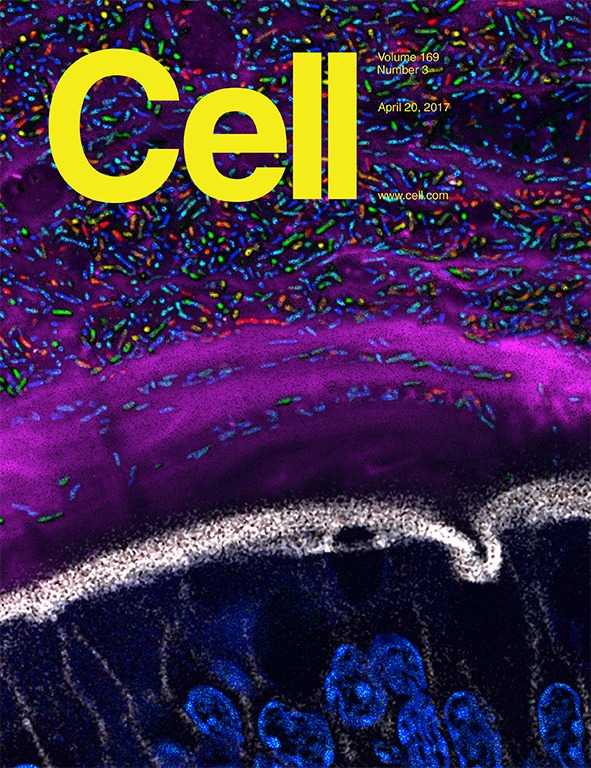
Two days after issuing expressions of concern about controversial papers on Covid-19, The Lancet and the New England Journal of Medicine have retracted the articles because a number of the authors were not granted access to the underlying data.
The Lancet paper, “Hydroxychloroquine or chloroquine with or without a macrolide for treatment of COVID-19: a multinational registry analysis,” which relied on data from a private company called Surgisphere and had concluded that hydroxychloroquine was linked to a higher risk of death among some COVID-19 patients, has been dogged by questions since its publication in late May. Some of those complaints led to a correction about aspects of the data, but at the time the authors stood by their conclusions — namely, that hydrochloroquine and chloroquine do not to appear to be effective against the viral infection.
That correction was followed earlier this week by the expression of concern, and now three of the four authors of the article have decided to pull it entirely. The abstaining author, Sapan Desai, is the founder of Surgisphere, whose mission statement declares that the goal of the company is to:
Continue reading Lancet, NEJM retract controversial COVID-19 studies based on Surgisphere data



 Title:
Title:  When
When  When the
When the